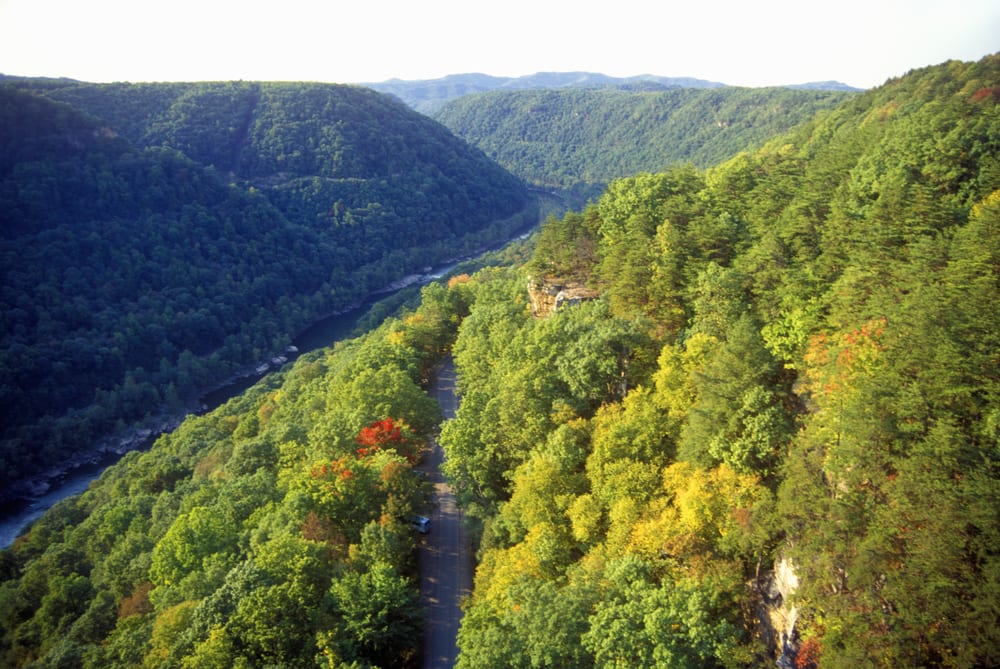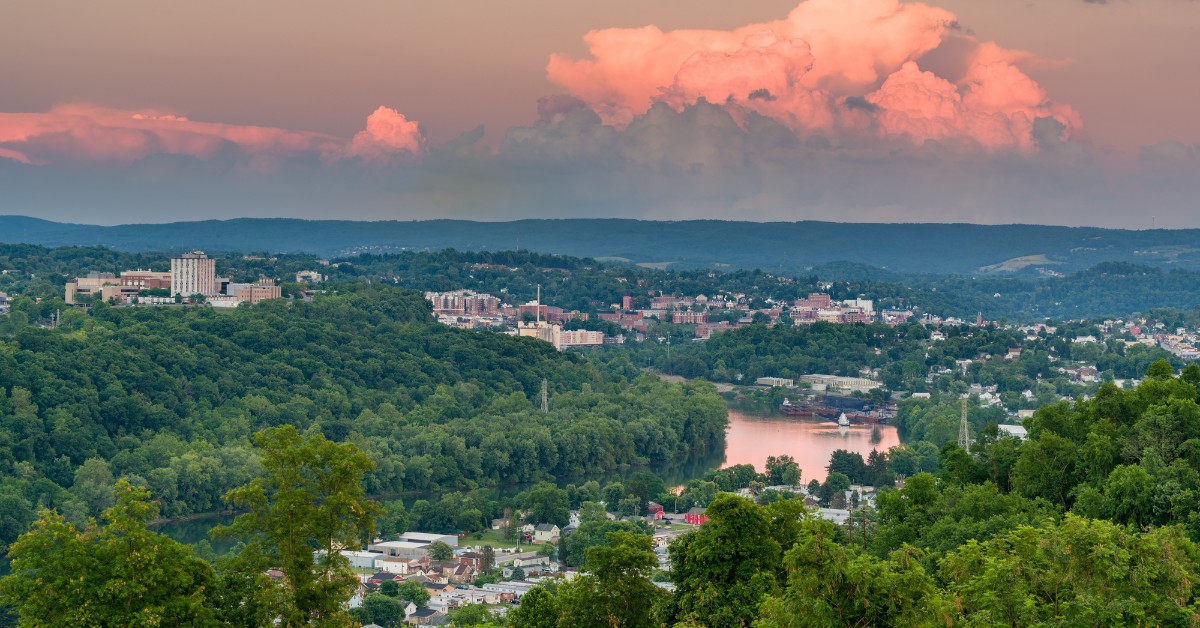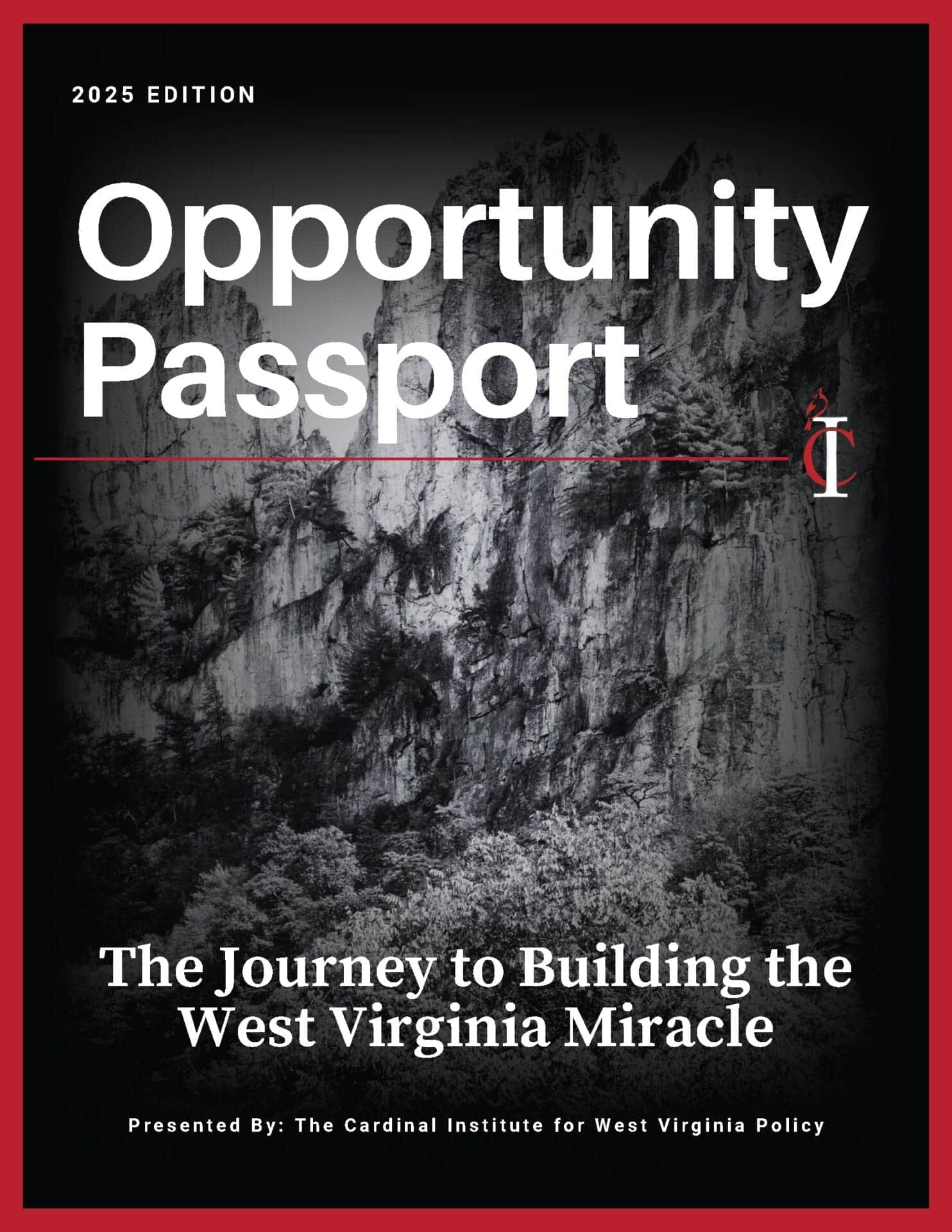
Why Is It Still Light Outside? Reflections on Leaving West Virginia
Leaving West Virginia
I am West Virginian, born and bred. I was born 15 minutes down the road from where I would live in Logan County. My parents raised me in an unincorporated community outside a very small town in a river valley. Apparently, they took me to the Gulf when I was very young, but my first memory of leaving West Virginia was a Myrtle Beach trip when I was around 12. I stayed in-state and attended West Virginia University for my undergrad.
But now, I live in Ohio.
Columbus, Ohio, to be exact. A professor I became well acquainted with at WVU helped me get funding for the Applied Economics graduate program at Ohio University, and I jumped at the opportunity. One year later, after meeting and marrying my wife, who is from Columbus, I moved here. Five years later, here I am.
Why is it still light outside?
As I said, I had never spent long periods of time out of state until my move to Ohio. Sure, week and week-and-a-half vacations were spent in a few different places, but I was never somewhere long enough to watch the seasons change or really internalize my new surroundings. I’ve had the opportunity here, though, to do that. After a few years, I only have one question: Why is it still light outside?
The biggest difference in just “existing” here is the lack of mountains. It isn’t so much the mountains themselves, but the effects they provide. Even in the heat of July, looking out my West Virginian windows, it would become pretty dark around 8pm. Not here. I will admit, this is sometimes a benefit. I can go up to the driving range at 7:30 and have 90 minutes to do what I need to do. Even with the good, however, the paradigm shift in something so basic as how the days work is still unsettling. It doesn’t feel right. After five years of being here, I still look outside at 8pm and exclaim, “Look how bright it is here at eight o’clock at night!”.
Missing the West Virginian Mountains’ Embrace
And then, there is a lack of the mountains’ embrace. The mountains of West Virginia were security features when I was growing up. Every West Virginian kid has heard some version of it before: “Them tornados cain’t get us down b’tween these mountains.” Even though it’s more a function of the air patterns around the mountains than them functioning as physical barriers, it’s still true, from what I understand. Outside of protection from natural disaster, there is also the compartmentalizing feeling the mountains provide.
If I am standing in the front yard of my childhood home, looking straight ahead, all I see is Greenville, the little community where I grew up. The sky and the horizon are only in my periphery. I am there and nowhere else. The world itself is only a few square miles. Here in the middle of Ohio, looking straight off a porch, I can probably see clouds floating over cities and towns miles away. Believe it or not, my wife, the native Ohioan, finds this warm, mountainous hug suffocating. I don’t think this is a flaw in her, but more so a testament to the imprint the mountains leave on those who grew up in them.
Goodness, it is so cliché, but the saying “You can take the boy out of West Virginia, but you can’t take West Virginia out of the boy” evidently must be true. There is a reason chills accompany the line “To the place, I belong: West Virginia…”. For better or worse, West Virginia leaves its mark on those who live there. For now, I can only hope that, eventually, I’ll find some country roads, and they’ll take me home.
Jacob McCoy is a Contributor to the Cardinal’s Nest Blog for the Cardinal Institute for West Virginia Policy.








